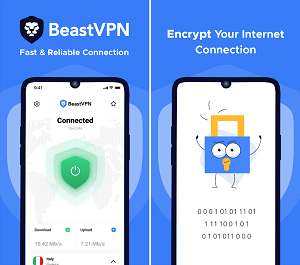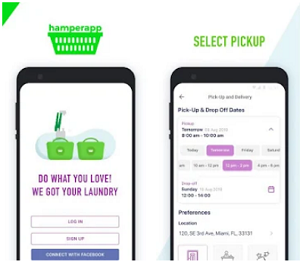With over 100 million users, auction site eBay has become one of the most famous fixtures of the Internet. It’s an incredible platform for small and side businesses to sell their wares to a global market, and the excellent quality control keeps the community honest and profitable. While eBay has the same professional security as any banking or financial institution, it’s still a good idea for you to understand just how much sensitive personal info is in your eBay account, and why it’s such a prime target for identity thieves. So the next time you pull up your “My eBay” page, here are 3 things to do that will help protect your account from possible attackers:
Many small businesses supplement their physical location’s income with some Internet sales through eBay. If your company has a brick-and-mortar location in a retail store, you can greatly enhance your eBay account’s credibility by including this information in your account. Unfortunately, the details of your place of business, combined with the personal details that eBay has about you—name, address, date of birth, etc.—can be used by identity thieves to attempt to open lines of credit with new vendors. This is a very common way that small businesses get ripped off, especially in the Internet age, when vendors may be less-than-thorough with their background checks, and may open a new account with someone who gives their name, relevant business info, and the appropriate business licenses. So be careful with how much you share on your eBay page, and never give out more than you need.
These tips are simple to remember and take only minutes to implement, so the next time you’re browsing or selling on eBay, make sure that your account won’t become a one-stop shopping experience if an identity thief happens to get a hold of it.
John is a blogger who loves using eBay, although the all-caps, every-other-word-misspelled correspondence he frequently gets from other users makes him worry about the future of humanity. He writes for insurance company Protect Your Bubble, who can help protect your identity from all the unscrupulous denizens that lurk in the dark corners of the Internet.



